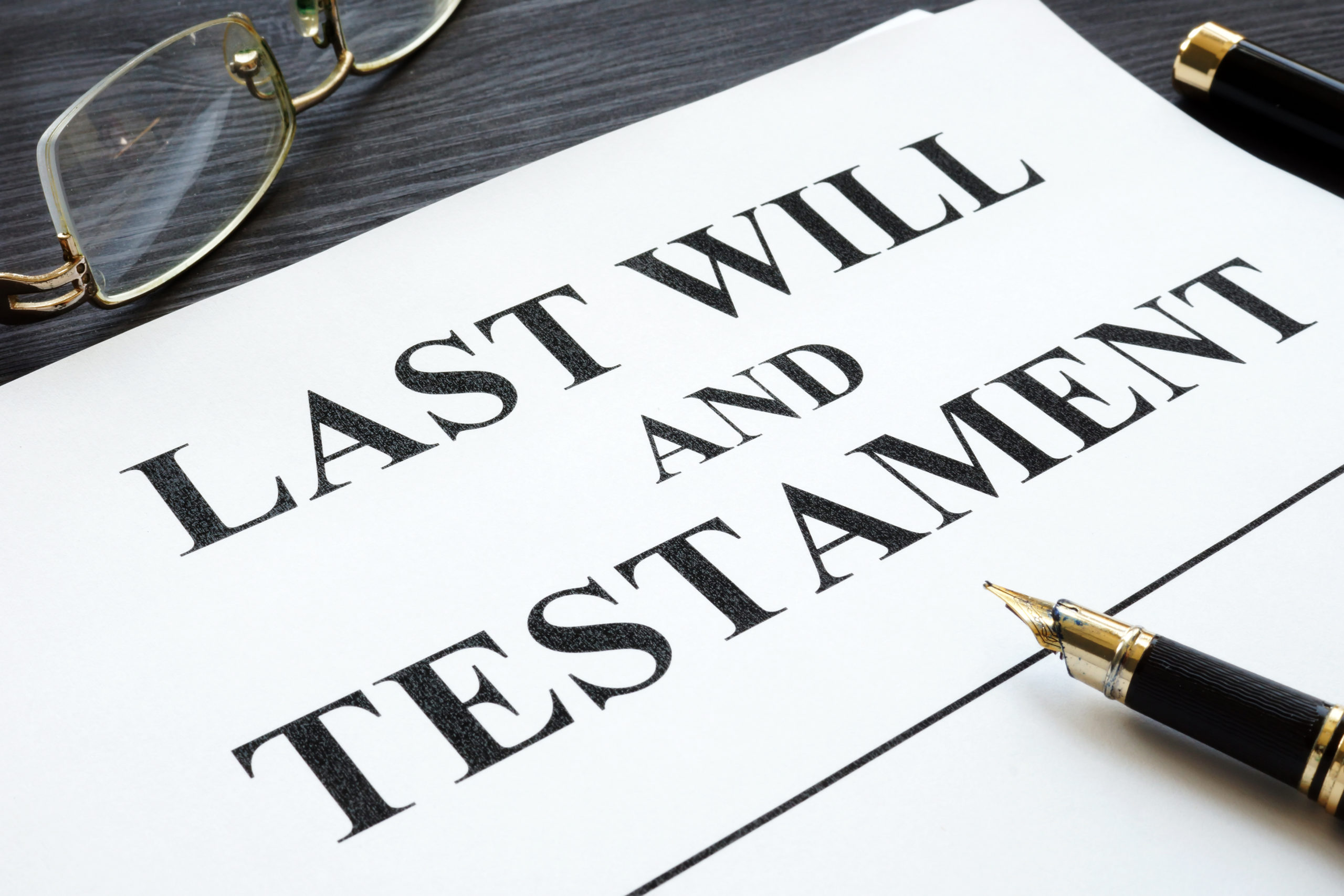I’ll let you in on a little secret… I have a lot of stuff. I bet you probably do too, right? It can be kind of scary trying to figure out what will happen to it after you’re gone. You might be even more scared if you don’t yet have a will or just simply don’t want to make one. In either case, I have some information that you just might find helpful, and then I can feel good about myself again. So here we go!
What To Do if There is No Will?
In the great state of New Jersey, if you have no idea what to do and you have no will, the law will come to bat for you and decide how to divide up all those things you left behind. For now, though, let’s just look at the stuff that’s left in your name alone. There are seven ways this can go, and they are as follows:
- If you die and leave behind your spouse and a child (from that same marriage), your spouse gets EVERYTHING. (This does not include stepchildren or children from a previous marriage).
- If you die and leave behind a spouse and child from a previous marriage, that spouse gets 25% of your estate, but no less than $50,000 or more than $200,000, plus one-half of any balance on the estate. Your kids get that balance equally, while grandchildren take the share of the deceased parent.
- Say you die and leave behind a spouse, child(ren), and a stepchild or children, the spouse gets the first 25%. No less than $50,000 or more than $200,000, plus three-fourths of any estate balance. Again, children divide it equally and grandchildren take the share of the deceased parent.
- If you die and have a spouse but no children, but you have your parents, the deal is the same as before, only this time your parents split the balance of the estate equally between themselves.
- If you die and you have a child or children but no spouse, your kids inherit equally, while grandchildren will inherit the share of the deceased parent.
- If you die and you don’t have any of those, but you have parents, your parents get it all. If you don’t have parents, your siblings will inherit equally. For nieces and nephews, it is the same as above: they inherit what their parents left behind.
- Finally, when no immediate family is in the picture, your property can go to all those to whom you are distantly related to (like grandparents, aunts, uncles, cousins, etc.). Or, it can even be taken by the State if all else fails.
Contact Scott Counsel Today
So here’s a quick glimpse for you at what happens to your things after you’re gone. New Jersey estate planning attorney Justin Scott is quick to assure us. “We know you have a lot of memories and all those things mean a lot to you,” he says, “so please rest assured that we will do everything we can to make sure those precious memories are very well taken care of. Contact New Jersey Estate Planning attorney, Justin Scott, to get started on your will.


